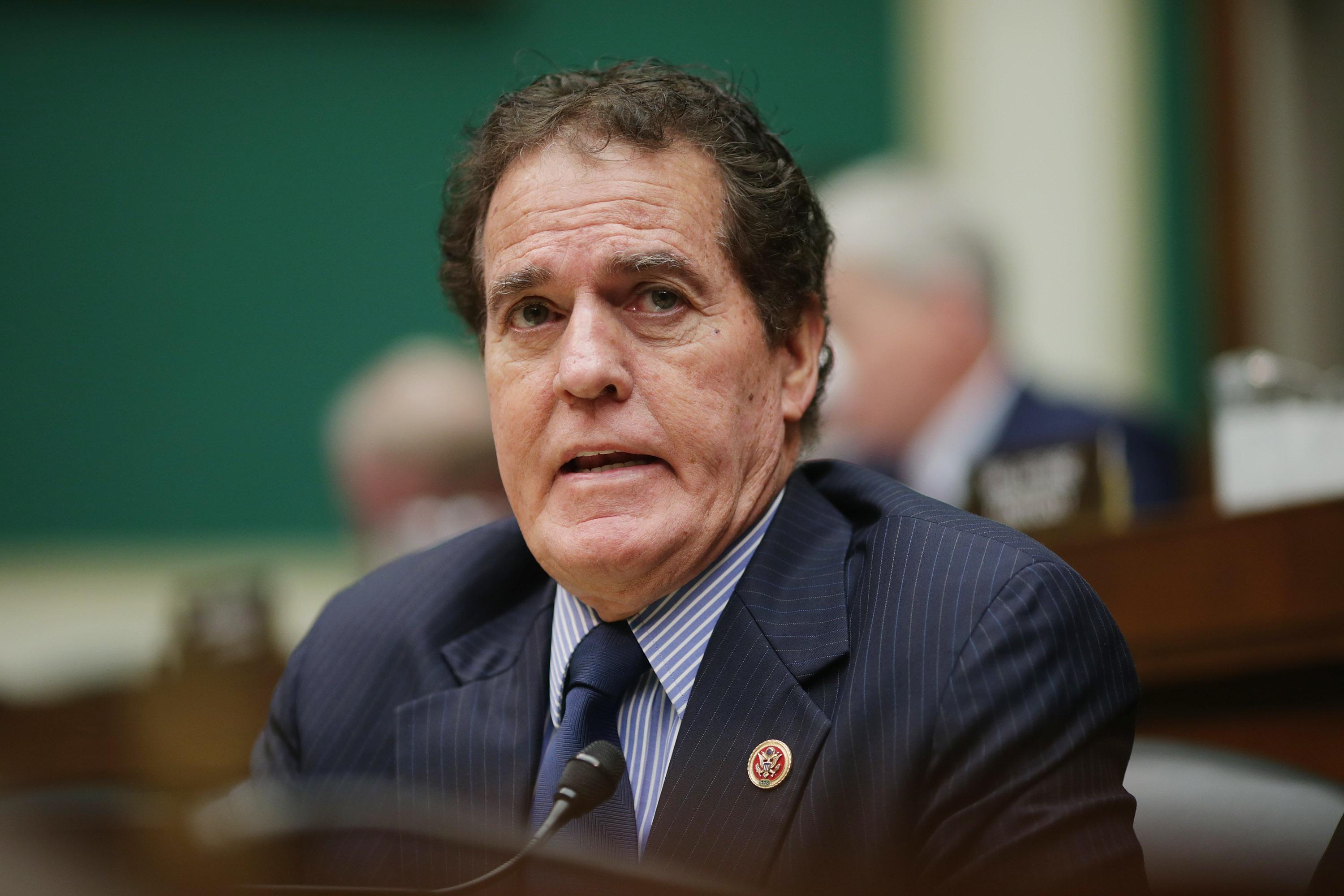The Ryan-Murray budget conference product needed only 217 votes to get through the House.* It won 332 votes. More than two-thirds of Republicans, 169 of them, voted for a compromise that had been condemned and scored by Heritage Action, the Club for Growth, Americans for Prosperity—all the conservative groups that had told members to hold out for a better deal in 2011 and 2012. The year ends with them running dry on influence. This bill got 332 votes, far better than the 269 garnered by the 2011 Budget Control Act.
But who voted against the deal? As usual they can be drawn into a few camps.
Republican Senate candidates. Arkansas Rep. Tom Cotton, Montana Rep. Steve Daines, Texas Rep. Steve Stockman, and Georgia’s Reps. Paul Broun, Phil Gingrey, Jack Kingston all opposed the bill. Now, none of them is vulnerable to attacks from the high-spending Club for Growth and Heritage Action. The technical term for what they did is, I believe, a “profile in courage.”
The class of 2012/2013. Most of the newest Republican members voted against the budget, from 2013 special election winners Mark Sanford and Jason Smith to 2012 primary-upset-winners Jim Bridenstine, Markwayne Mullin, and Matt Salmon.
Otherwise, no real patterns on the “no” side. The Tea Party caucus remains meaningless as a designation, with its members splitting their votes. On the “yes” side, you can see—and not be surprised by—every member from a district with a strong military/defense industry presence spraining fingers in their lunges to vote for the bill.
*Correction, Dec. 13, 2013: This post originally misspelled Washington Sen. Patty Murray’s last name. It also misspelled Georgia Rep. Phil Gingrey’s last name. In addition, it misstated that South Carolina Rep. Mark Sanford and Missouri Rep. Jason Smith won special elections in 2032, rather than 2013.
